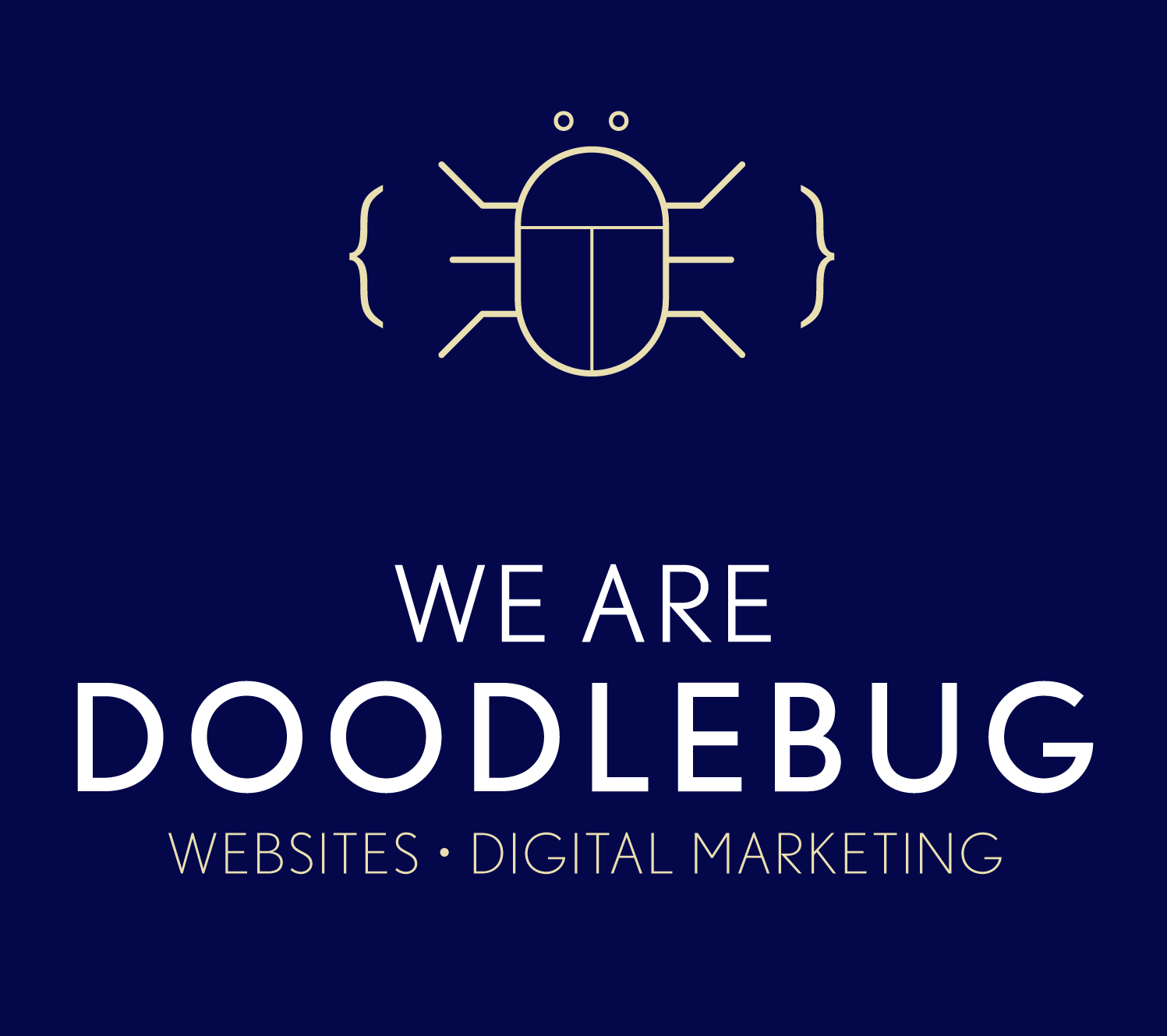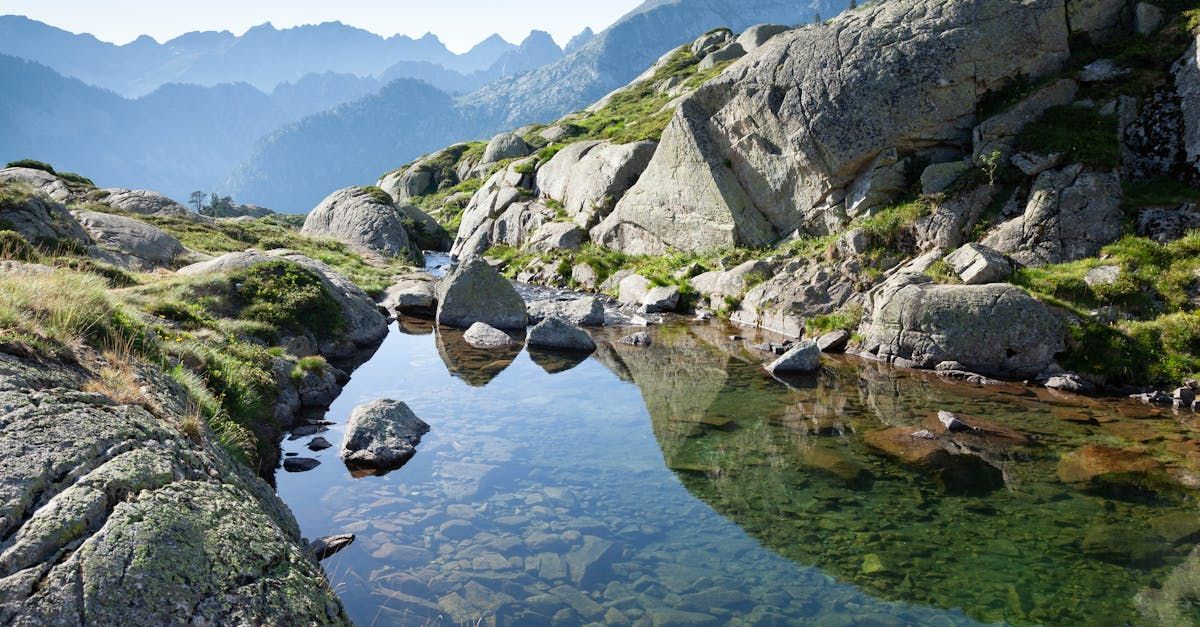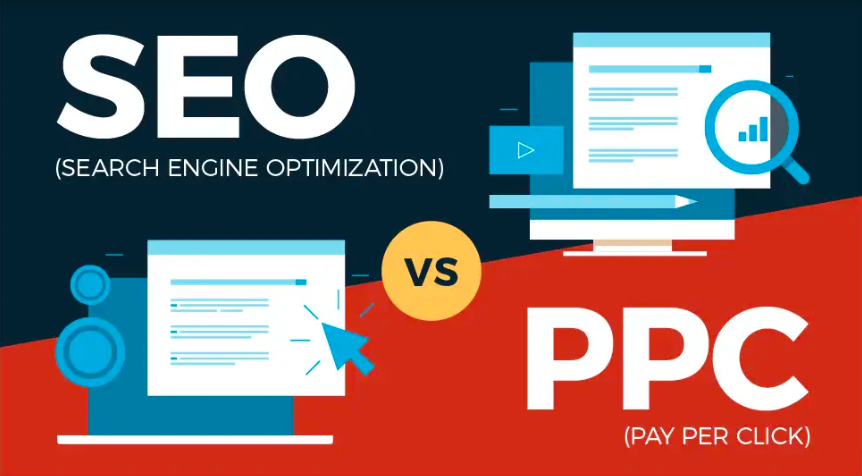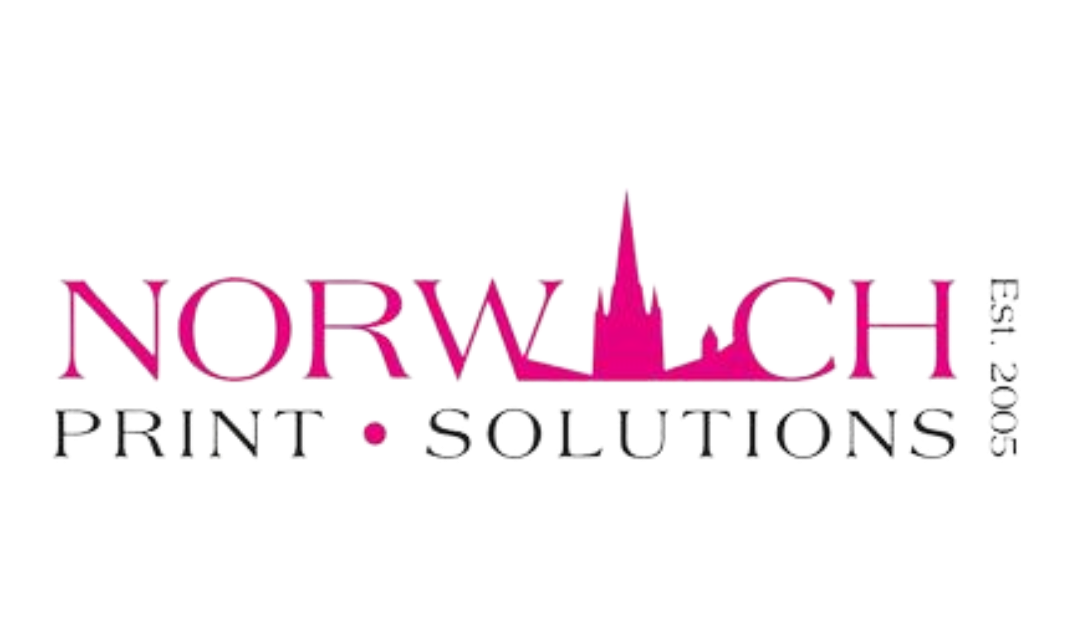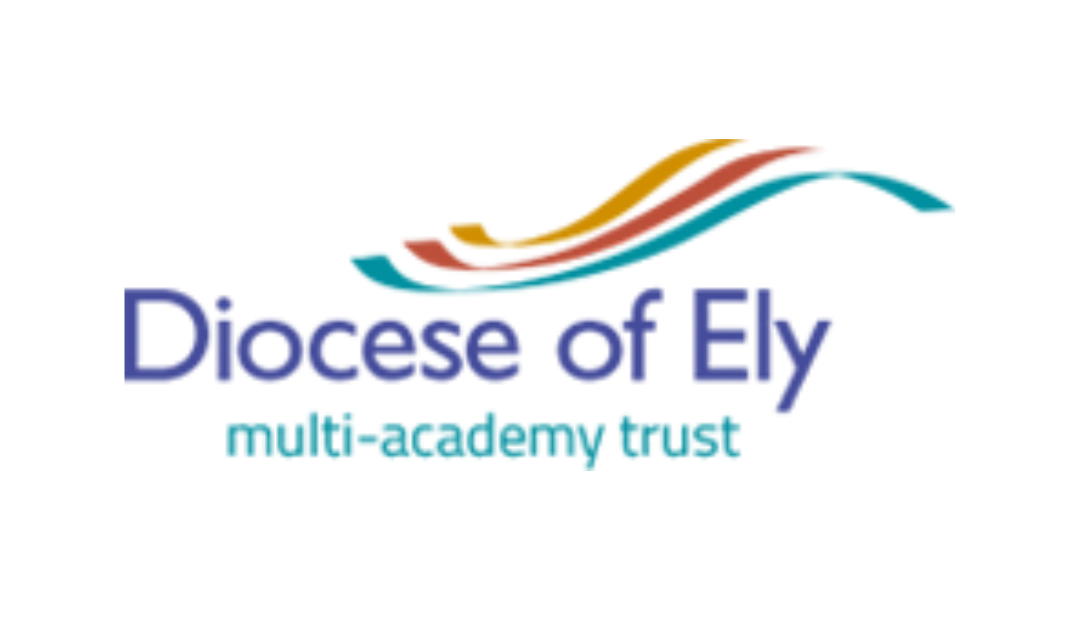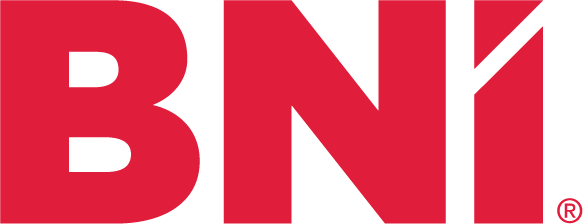Marketing to humans: degrees of separation
Marketing to humans: Degrees of separation

I had a thoroughly enjoyable conversation with a new contact this week. I realised how many amazing people his career had brought him into contact with.
The degrees of separation - the idea that we are only a small number of people - or degrees - away from meeting famous people is fascinating to me. It reflects how humans are generally built - social animals relying on communication and narrative to maintain community ties.
It was first described to me by my A-level history teacher. He had met a man in the alps who had worked for and met Adolf Hitler in the 1930s. He was telling us about being one degree separated and I thought - wow, that’s astounding. Then he turned to us and said - so every one of you is two degrees separated from Adolf Hitler. Self absorbed16 year old, mind blown!
Fast forward 20 years and I was looking for people I had known in the past by going through friend lists on Facebook. What struck me was not the volume of common experiences, but the number of people who were mutual friends, who I had met in entirely different contexts from each other. The three of us shared no common experiences at all except the fact we had impacted independently on each other’s lives. And I’m not talking ‘we all played rugby’ - there’s no surprise in that as rugby is a surprisingly tight community. There was no commonality at all (that I could see). 36 year old brain blown. No idea how it copes.
It’s not that social media causes these connections - these were clearly not online only relationships - it just illuminated it, just as Mr P had in 1991.
This is where we are with social media and marketing. Relationships are developed online - but also have a light shine on them. When we look for patterns of behaviour and guide people to understand what we are providing - product, service or idea - we are looking for people who need our offer, and to build a relationship. We want to reduce the degrees of separation between us and our customers (or read clients, contacts and friends). It avoids wasting time shouting into the void but also convinces that we can provide what we promise.
Imagine the last ad from a small business you clicked on. How did they know it was worth spending money trying to get your business? In the past you were advertising ‘on the off chance’. Yellow pages was searchable - but many thousands of ads I’d never need were shoved through my front door every year - on the off chance and with no dialogue or understanding of my position.
TV was wide reaching, but eye wateringly expensive and the ultimate 'void marketing' - unless your customer base was truly massive. Big brands get a return because oif the volume of sales, it would be hard for most small businesses to do this either because not enough of the audience need their offer or they couldn't service enough. Again - the communication is largely one way, a scattergun approach to hit as many prospects as possible. (There is some attempt at targeting - analysis of the audiences for different broadcasts etc. but nothing as sophisticated as what is now available).
Using social media, along with search engines, their ad platforms and websites, we are able to provide opportunities for businesses to thrive that never existed before. It’s exciting - and there has never been a better time to be entrepreneurial. You can find and supply people who never knew they needed you, far more efficiently than ever before. We can reduce the degrees of separation not only from the famous (with their massive number of followers on social) but also with ordinary people who would benefit from our services. And this is the human element - the relationship building we do with people who share our ethics, drive, desires, etc.
We can look for behaviours and characteristics that indicate they are a good fit for us. Like when we hang out with like minded people to make friends. We never know exactly who those people are unless they tell us, but this doesn't stop us building a relationship with them - the personal info is not so useful anyway, your name isn't going to tell me what you need at the moment - and our data protection laws are ever more stringent. This is a good thing because it derails the Black Hats.
Yes - there are bad actors. We call them Black Hats after the Saturday morning spaghetti western baddies. But this can underplay the damage that can be caused to reputation and sales by tricks and bending the rules. Sale at all costs, tricking or pressuring you into parting with your money is 'Black Hat'. There is no interest in knowing what drives you because your money is as good as anyone else's - as long as it's in their hands. It gives us all a bad name. It’s why we won’t sell you something if we can’t find any evidence it will work. And the Black Hats mustn't deter new businesses from taking a leap and getting cracking with chasing their dreams.
I come across a lot of misunderstandings around modern tactics. They aren’t perfect but they do yield results, especially when we remember they are tools to help humans communicate. At a later date I might talk about why the big tech companies are moving away from mass data gathering - spoiler, we already gave them more that they needed! but it’s safe to say that the majority of companies are advertising to you because they want to be useful, bring joy and want to make a living doing it. Reducing the degrees of separation is a human tactic to cut through the noise and variety available.
New technology is wonderful, though it just refines and illuminates what was there before - but on a bigger scale. Now is the time to make the most of it - even if you have to start small. The tools are out there and the barriers to entry have never been lower. Start reducing those degrees of separation and enjoy doing it.
We Are Doodlebug - Blog

GET STARTED TODAY
All Rights Reserved | We Are Doodlebug | Privacy Policy
